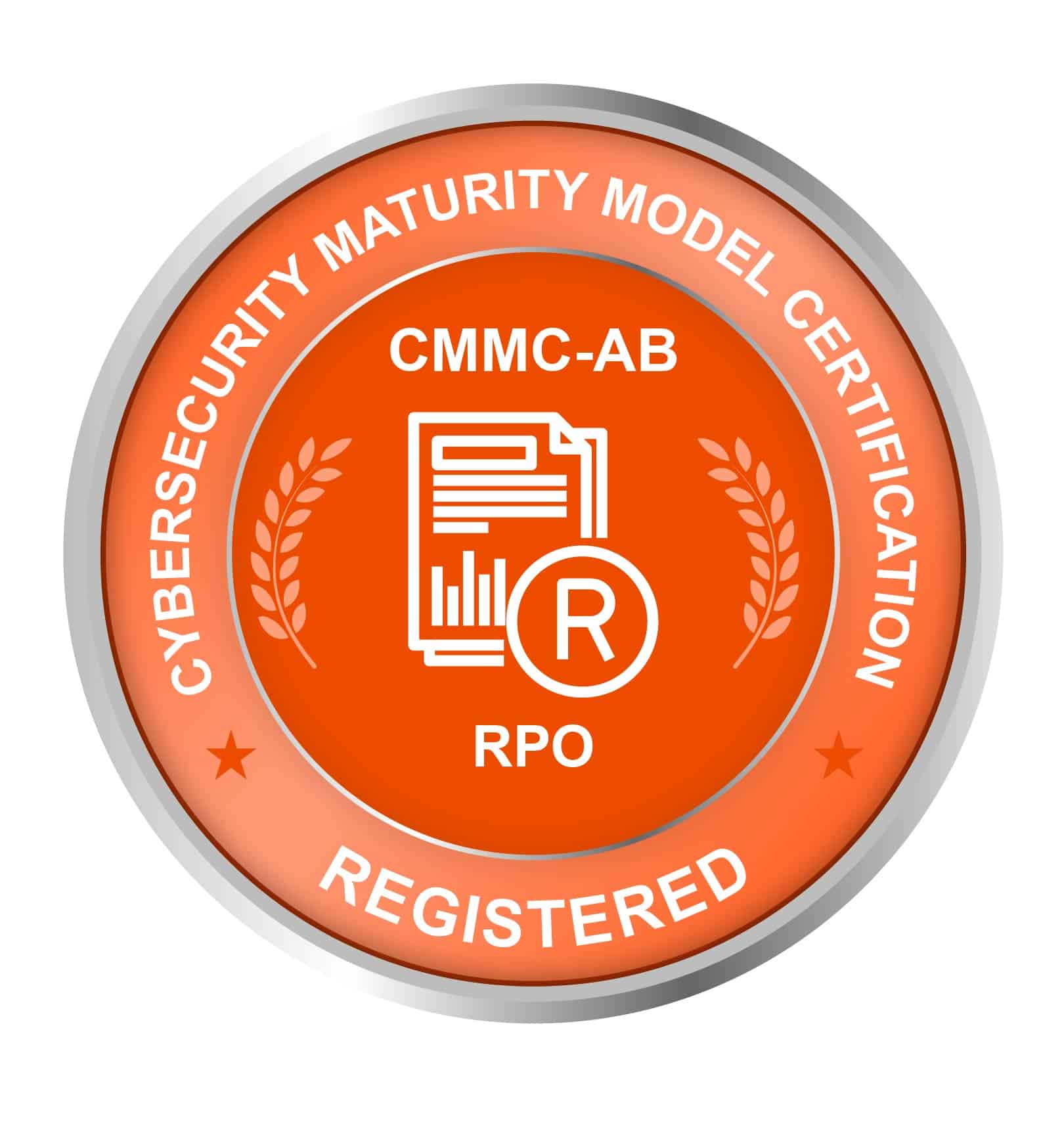If your corporate email is still hosted in a private data center/server that employees can only access within your corporate network, you are a way behind your industry rivals who have already made the transition to cloud-based email and data server. Cloud computing is fast becoming the standard for many businesses and industries, especially with the power and flexibility that it offers when it comes to access and computing ability. As more and more organizations recognize email and different data server functions to be commodity applications, more businesses are also realizing how these applications are more at home in the cloud rather than a private server.
Now that technology is becoming more mobile and office culture is leaning toward BYOD (bring your own device) custom, it only makes sense to make business functions and applications more adaptable to what current technologies and work cultures make way for and demand. Employees nowadays want the freedom and ability to access their corporate accounts everywhere, not only for convenience, but more importantly for more flexibility and productivity. No longer do people have to be tied to their office computers to perform work. Cloud solutions make it possible to do tasks on the fly, make mobile responses, and to apply more flexible work schedules.
With cloud-based data server and email models, you create a more flexible and mobile workforce, while reducing the costs of maintaining a private server. Companies that migrate to cloud-based systems also reduce administrative support requirements, while also removing many of the limitations of legacy systems. Cloud security is also stronger and more robust than ever, which makes cloud computing the choice of many businesses wishing to tap into the power of the cloud, while keeping their network’s security. When your current IT resources are no longer adequate for your business needs, it might be high time to consider transitioning to a cloud-based system that breaks many growth-limiting barriers for businesses.










